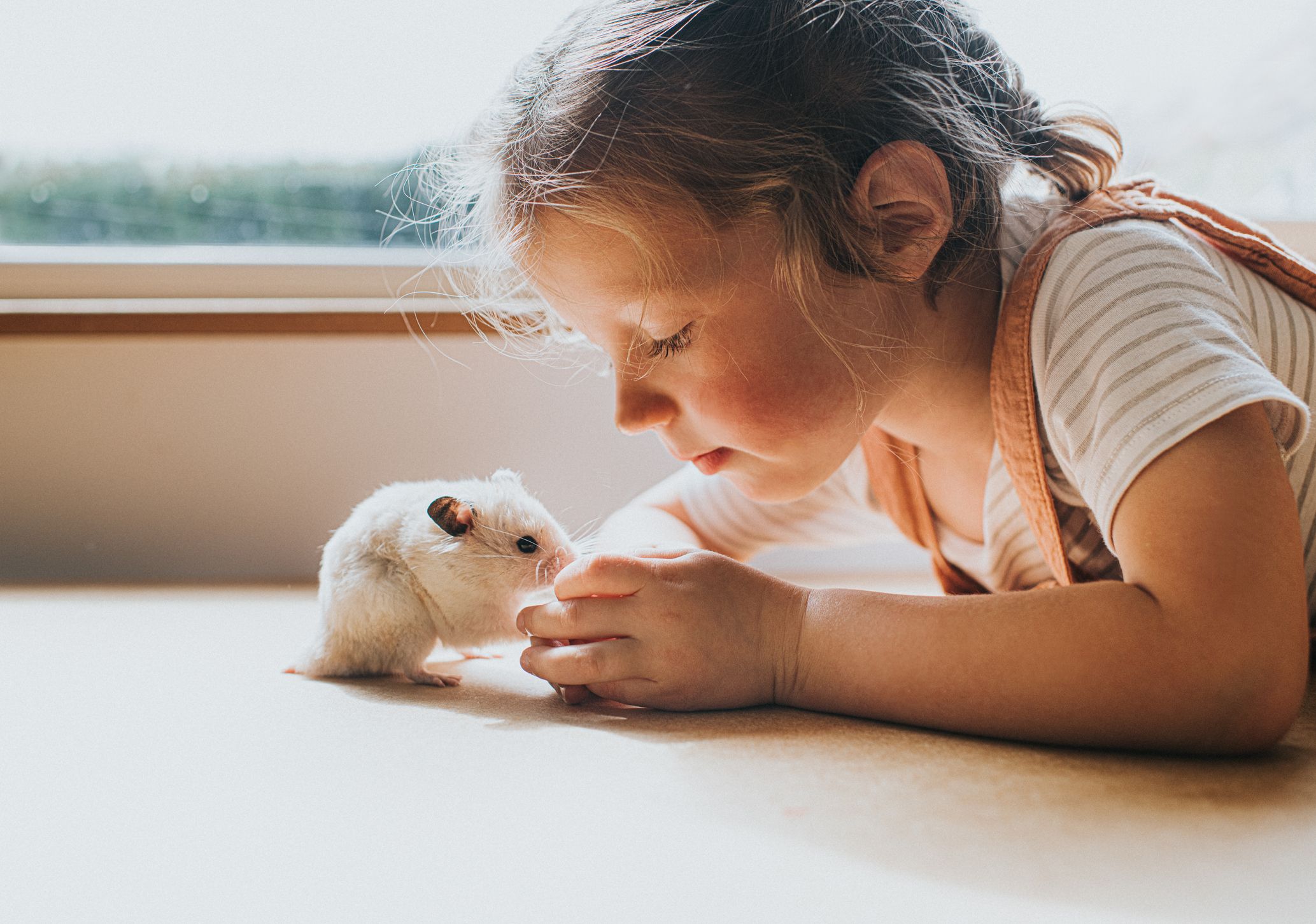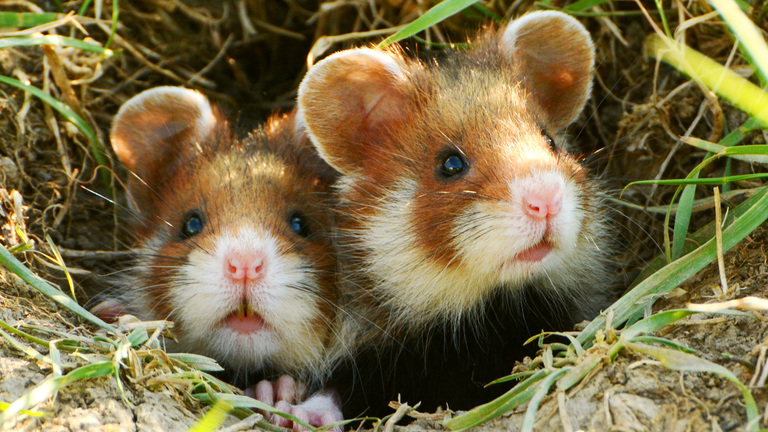Best Behaved Hamster Types
When it comes to choosing a pet hamster, behaviors and temperaments can vary significantly between different breeds. Understanding which types are deemed the most well-behaved can guide pet enthusiasts in selecting the perfect companion. In this article, we will explore the best behaved hamster types, along with their unique traits and care requirements.
Factors Influencing Hamster Behavior
Hamster behavior can be influenced by various factors such as genetics, environment, and handling techniques. Notably, some breeds are known for their calm demeanor, while others may exhibit more energetic traits. Understanding these factors can help prospective hamster owners recognize which breed will best fit their lifestyle. For instance, a hamster’s living environment, including cage size and accessories, also plays a vital role in its overall behavior.
The Role of Genetics
Genetics impact hamster behavior significantly. For instance, some breeds tend to be naturally more docile, while others display an instinctual inclination toward exploration and energy. **Syrian hamsters**, commonly seniors’ favorites, are often more social and easy-going, making them an excellent choice for first-time pet owners. On the other hand, the more active **Dwarf hamsters** can often exhibit mischievous behavior if not properly engaged.
Environmental Impact on Behavior
The environment a hamster is kept in can drastically change its behavior. A spacious cage filled with chew toys, exercise wheels, and tunnels encourages natural behaviors and reduces stress. If a hamster feels safe and entertained, they tend to exhibit calmer behaviors. For example, **Roborovski hamsters** thrive in environments that allow them to burrow and explore, making them more relaxed and friendly over time. Adequate attention and space will help hamsters express their best behavior.
Top Best Behaved Hamster Breeds
Though temperament can differ widely between individual hamsters, several breeds stand out for their generally better behavior and treatability. Below are the breeds that are commonly considered the most well-behaved.
1. Syrian Hamster
The **Syrian hamster** is the most popular breed and is renowned for its friendly, gentle nature, making it ideal for handling. These hamsters can grow to around 6-8 inches long and are usually solitary animals, preferring to live alone rather than with other hamsters. Their calm demeanor and relatively lower activity levels make them easy to handle and care for. Syrian hamsters respond well to daily handling practices, often forming strong bonds with their owners.

2. Campbell’s Dwarf Hamster
**Campbell’s Dwarf hamsters** are another excellent option for those seeking a great, well-behaved pet. They possess friendly personalities and can be very social creatures when handled regularly. About half the size of Syrian hamsters, they are typically very curious and love to explore. Regular interaction will help them remain accustomed to regular handling, reducing the likelihood of nipping or stress-based behavior.
3. Roborovski Hamster
Known for their incredibly active nature, **Roborovski hamsters** are the smallest hamster breed. While they may be slightly skittish at first, proper handling and socialization can result in a playful pet that interacts happily with its owner. They thrive in pairs or small groups, making them more social than other hamsters while still needing plenty of space to run and explore. Their resilience and higher energy levels often mean they are less prone to stress compared to their larger counterparts.
Caring for a Well-Behaved Hamster
Providing proper care is key to ensuring your pet hamster remains well-behaved. Here are some essential tips for maintaining a positive environment for your furry friend.
Proper Cage Setup
A well-structured cage that meets the needs of a hamster can greatly affect its behavior. For instance, Syrian hamsters need larger cages to accommodate their size, while dwarf hamsters may require less space but benefit from a more stimulating environment. Include tunnels, bedding, and chew toys to contribute to a favorable living area. A clean and comfortable cage will naturally lead to a more docile and friendly pet, reducing territoriality and stress-related behaviors.
Socialization Techniques
Effective socialization techniques play a vital role in curbing aggressive behaviors in hamsters. Gradually introducing your hamster to your hand and allowing it to explore calmly will foster trust. Techniques like giving them treats during these interactions can make them associate handling with positive experiences, greatly reducing the chances of bites or fearful behaviors. Spending time daily with your hamster promotes a deeper bond, making it easier for them to feel safe and well-adjusted.
Regular Health Checkups
Hamsters are generally quite healthy pets, but regular checkups can prevent any potential issues that may cause behavioral changes. Look out for signs of stress or discomfort, including hiding excessively or changes in eating habits. Having some initial knowledge about their health will help create a comfortable and nurturing environment. In doing so, you can ensure your hamster maintains its characteristic positive behavior while avoiding problematic tendencies that may arise from unnoticed health concerns.
Key Takeaways
- Syrian hamsters are generally the most well-behaved, known for their friendly disposition.
- Environmental conditions greatly affect hamster behavior; ensuring a spacious and stimulating environment is crucial.
- Regular socialization and proper handling techniques can help your hamster thrive and reduce territoriality.
FAQ
1. What is the most friendly hamster breed?
The most friendly hamster breed is often considered to be the **Syrian hamster**. They tend to have gentle natures and can become very affectionate with proper handling. Their size makes them easier to interact with, allowing owners to establish a strong bond over time.
2. Are dwarf hamsters more playful than Syrian hamsters?
**Dwarf hamsters**, such as Campbell’s Dwarf hamsters, are generally more social and energetic than Syrian hamsters. They often enjoy company and benefit from having another dwarf hamster as a companion. However, they can show more playful behavior when in a stimulating environment.
3. How often should I handle my hamster for it to be well-behaved?
For your hamster to be well-behaved, it’s essential to handle them regularly, ideally every day for about 10-15 minutes. This time can help your hamster adjust to your presence, leading to positive experiences that foster affectionate behavior.
4. What do I need to include in a hamster’s cage to promote good behavior?
To promote good behavior, ensure your hamster’s cage contains natural chew toys, a spacious exercise wheel, tunnels for exploration, and comfortable bedding. Regularly cleaning the cage also helps maintain a stress-free environment, which is crucial for their well-being.
5. Can hamsters recognize their owners?
Yes, hamsters can recognize their owners over time! Through daily interactions and positive reinforcement, they become accustomed to their owner’s voice and scent, which can lead to more affectionate and calm behaviors.
